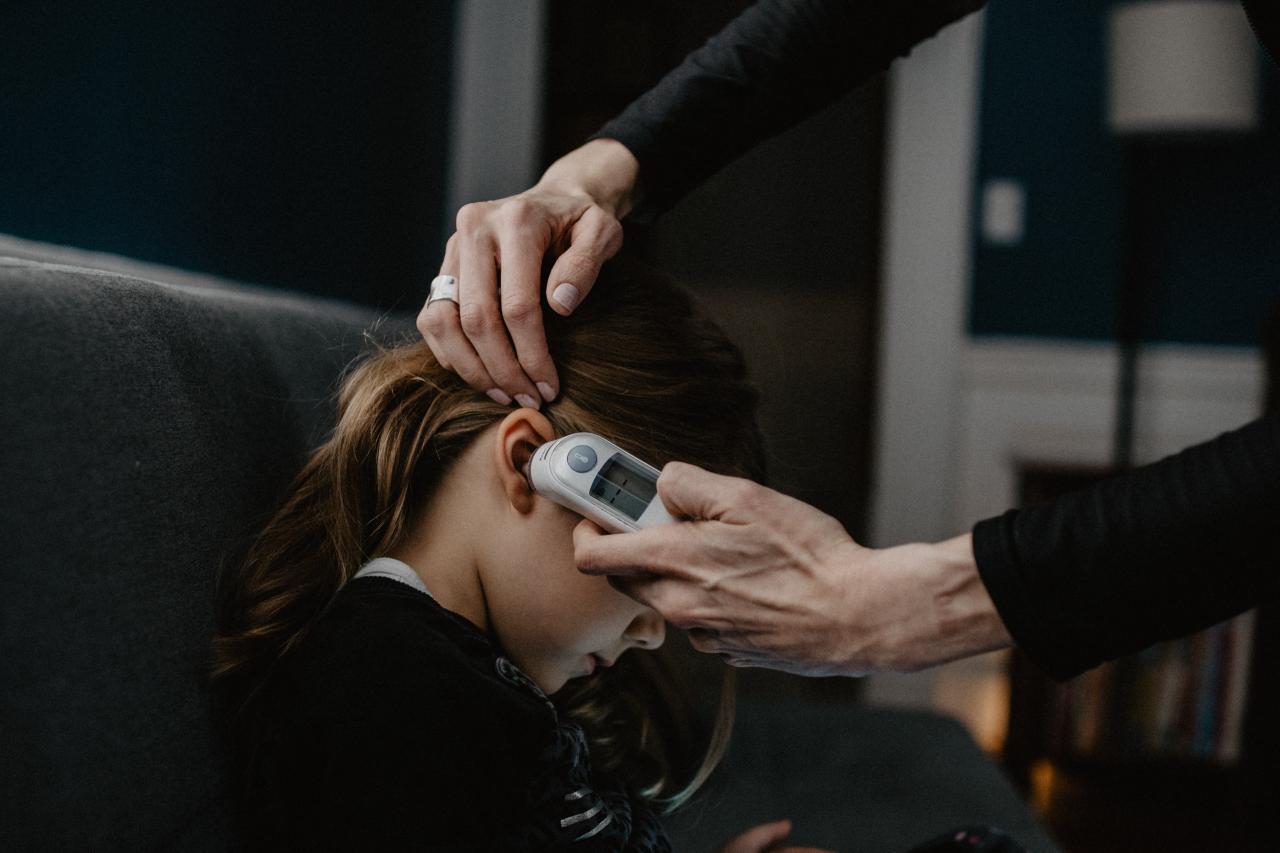As rain and wind pummel the UK, most people are focused on the new year and starting January in a positive way. However, an upsurge of scabies has been causing major issues across the country.
Discover our latest podcast
Doctors have warned that the condition, which is passed along through skin-to-skin contact, has been on the rise while a shortage of treatments is making it hard to tame.
Here’s what medical professionals are saying about the outbreak, who it is worst affecting, and how to spot whether or not you have the condition.
Surge in scabies cases in the UK
Scabies is a highly contagious condition caused by mites that burrow into the skin, and it shows up as an itchy rash. It can affect anyone, but recent world events have meant that treatment is harder to come by. The war in Ukraine, alongside the cost of materials needed to make the medicine and supply chain issues has caused an emerging public health crisis. The condition is easy to treat in theory, but doctors are concerned by rising numbers of cases.
According to TheGuardian, GPs have been ‘struggling to treat people with scabies swiftly’ and the north of England saw ‘double the normal amount of cases’ in November 2023. This is causing the condition to spread more rapidly, with outbreaks noted in care homes, nursing homes and university accommodation.
How to spot scabies
Prof Mabs Chowdhury, the president of the British Association of Dermatologists, explained:
Unfortunately, the consequences of treatment shortages are proving easy to ignore. There is very limited tracking of scabies cases and people are often embarrassed to talk about it.
Doctors are therefore pushing for people to get a better understanding of what to look out for. According to the NHS, ‘the main symptom of scabies is intense itching that’s worse at night. It also causes a skin rash on areas where the mites have burrowed’.
It may take 4 to 6 weeks for itching to start, unless you have had a scabies infection before and your body knows how to fight back against the mites.
The rash you get from scabies consists of tiny red spots, and scratching them may cause sores to develop:
Burrow marks can be found anywhere on the body. They’re short (1cm or less), wavy, silver-coloured lines on the skin, with a black dot at one end that can be seen with a magnifying glass.
If you think you have scabies, you should contact your GP as soon as possible. You should also contact anyone you may have been in contact with, especially sexual partners, who could be at risk of infection.
Read more:
⋙ Cancer warning: Itchy skin might be an early sign of the disease
⋙ What your skin is trying to tell you about your body
⋙ Home remedy for skin tags: Here's how to get rid of it easily
Sources used:
NHS: Scabies
The Guardian: Doctors report ‘nightmare’ surge in scabies across UK















